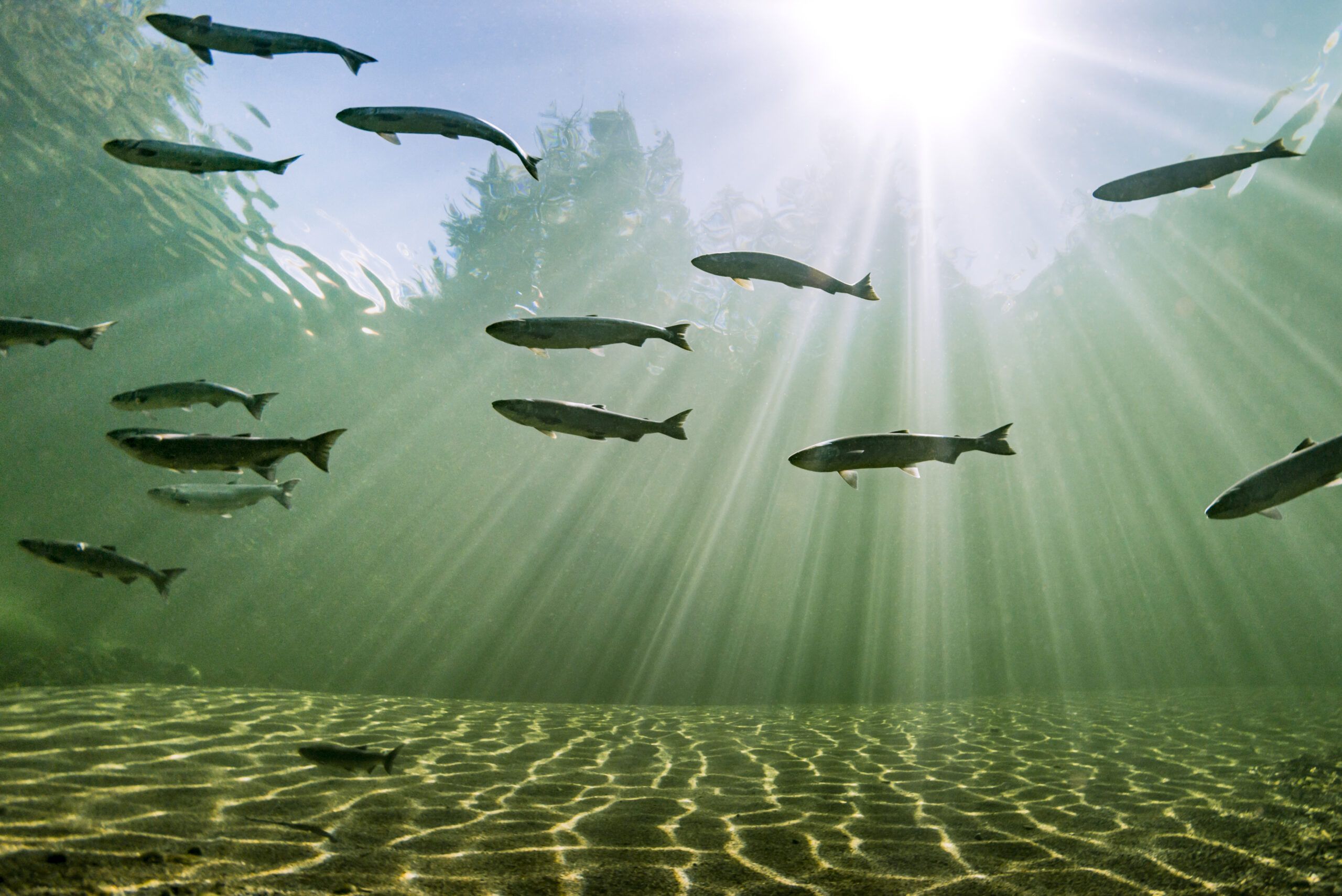Accessing our records
We aim to provide a “one-stop-shop” for data. Our data portal provides users with a vast collection of metadata records. These records can contain a variety of documents such as datasets, reports, maps, and so on. We also provide links to other search engines or custodians that supply datasets that cannot be directly downloaded from the data portal.
Our records can be accessed through GeoNetwork or GeoServer:
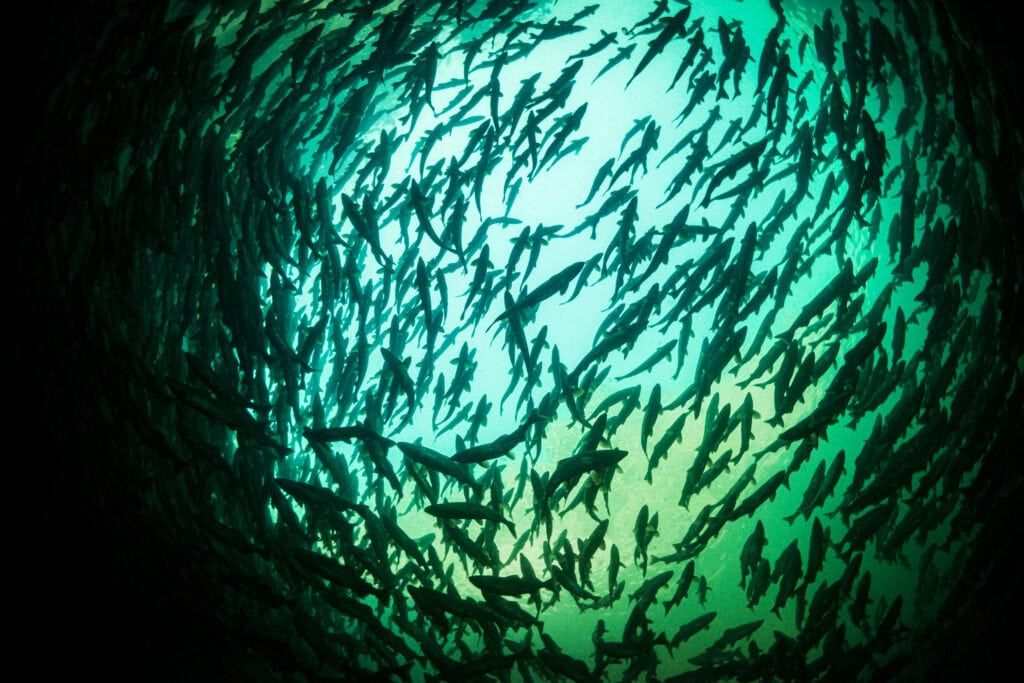
GeoNetwork
GeoNetwork provides access to our data portal, which allows for searching and filtering of metadata records in a traditional fashion.
Acces data portal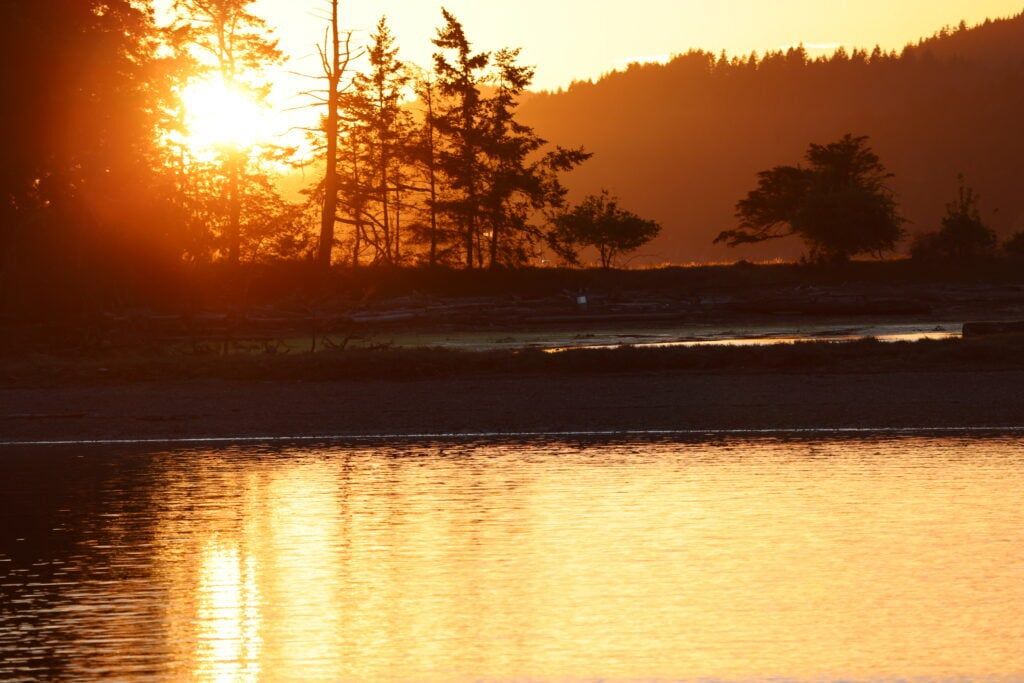
GeoServer
GeoServer is geared towards GIS users. It allows for on-the-fly coordinate re-projection, document re-formatting, data downloading in any format.
Access our GIS layersBrowse by topic
Dive into an extensive collection of meticulously selected topics, each designed to enhance your search experience. Explore the depth of knowledge within each topic below:
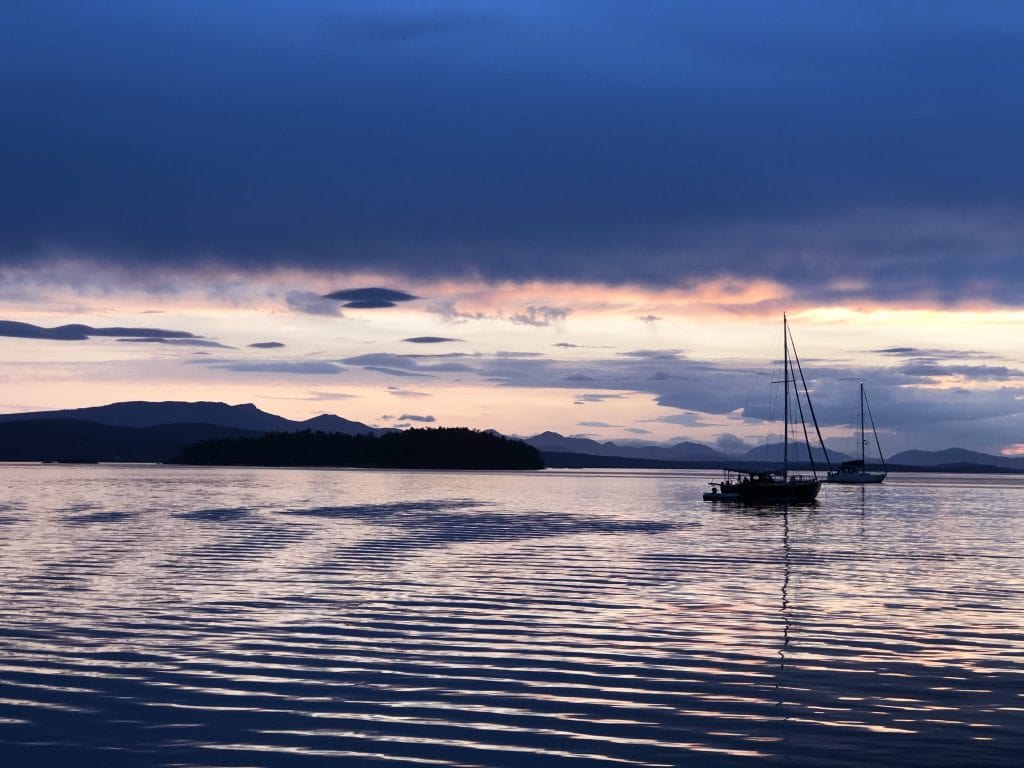
Weather and Climate
Weather includes short-term atmospheric conditions over the ocean, like temperature and wind. Climate refers to the long-term patterns and averages of these conditions, influencing marine ecosystems and species.
Browse records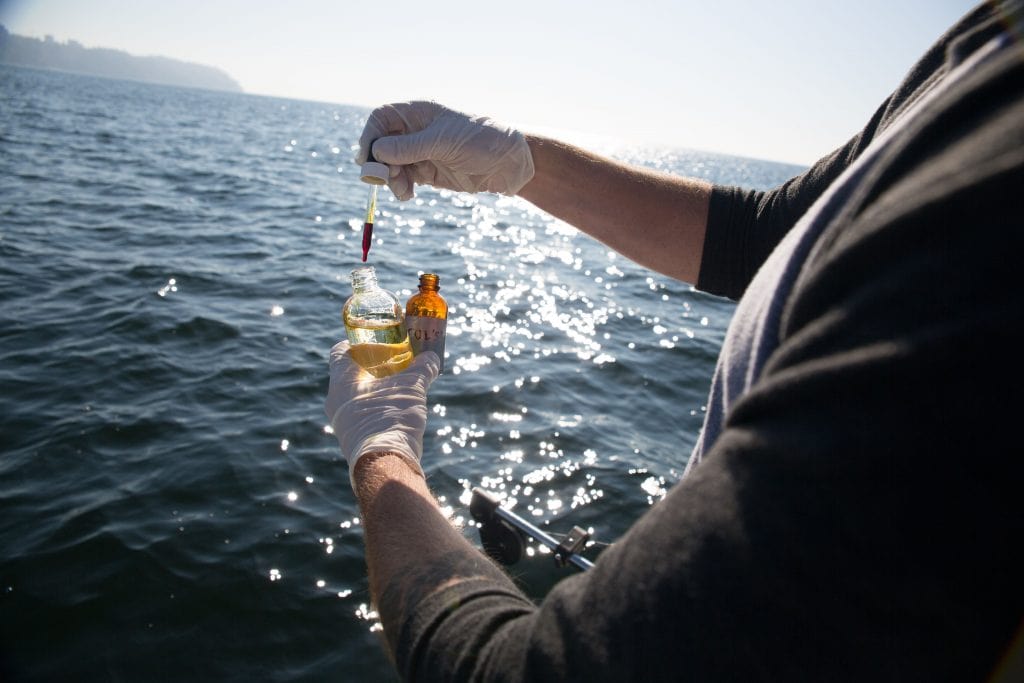
Oceanography
Study of the physical, chemical, biological, and geological aspects of the ocean, including the interactions between the ocean and its surroundings, such as the atmosphere, the seafloor, and coastal environments.
Browse records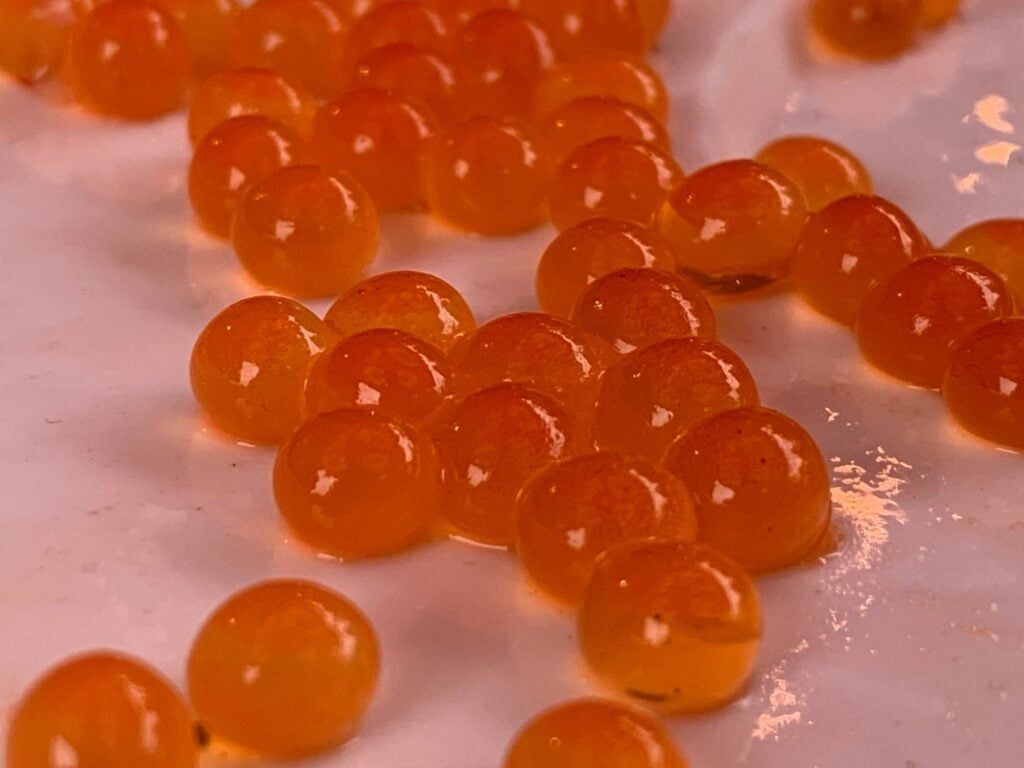
Production
Cultivation, harvesting, and management of fish populations in natural or controlled environments for consumption, economic, or ecological purposes.
Browse records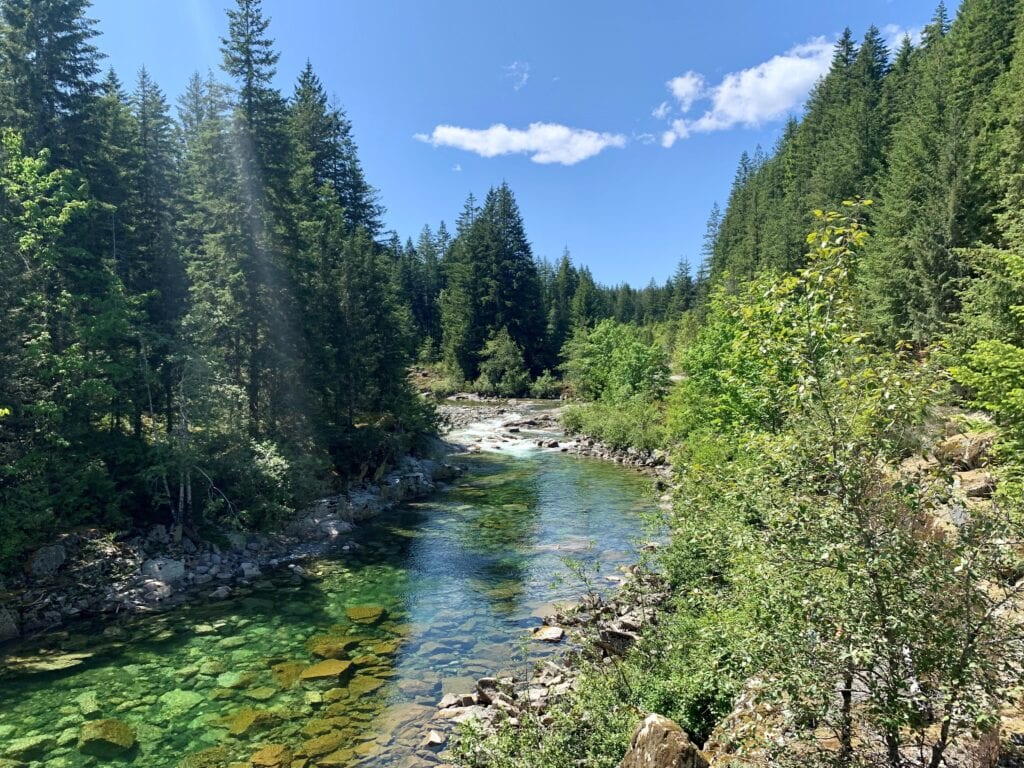
Rivers and Streams
Natural flowing waterways that drain the land, typically emptying into larger bodies of water such as lakes, seas, or oceans.
Browse records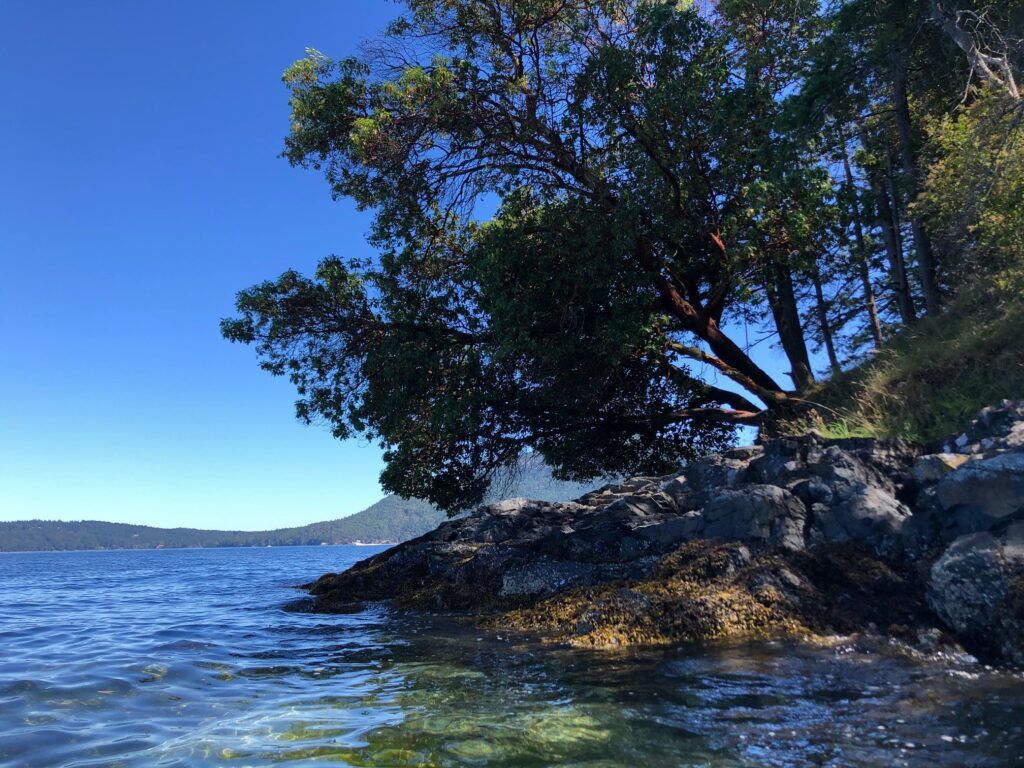
Recreation use
Leisure activities in and around marine areas, such as boating, fishing, and snorkeling. These activities impact local ecosystems and require sustainable practices to mitigate environmental effects.
Browse records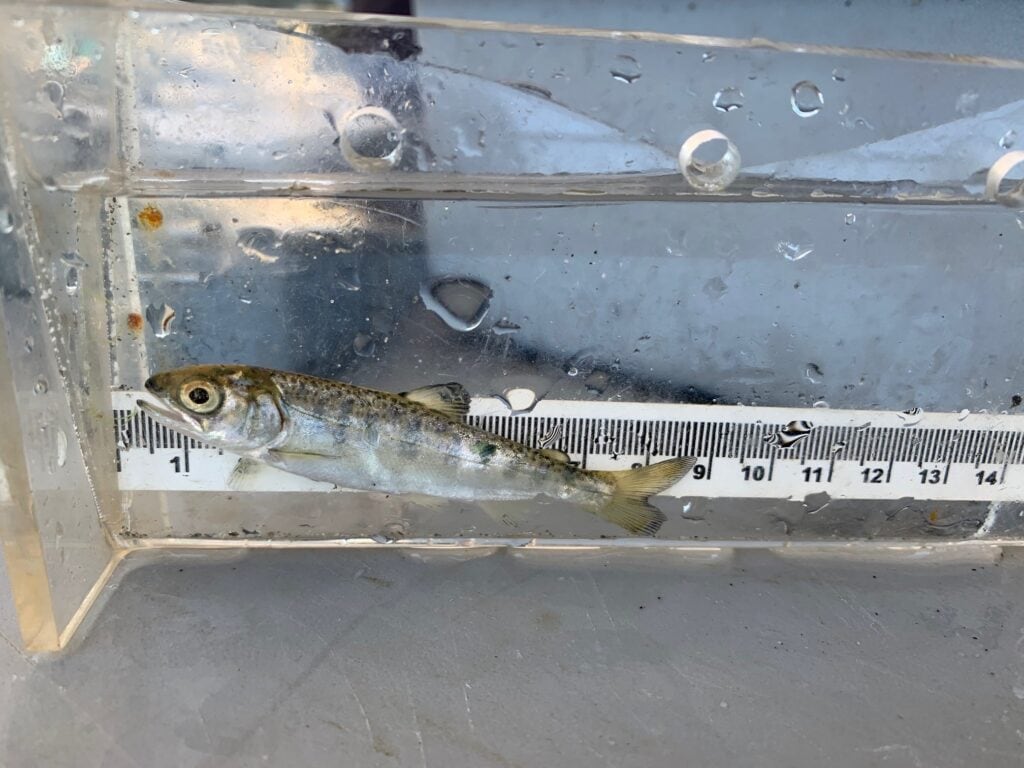
Fish health
The study and monitoring of the physical and physiological condition of fish, including disease prevention, diagnosis, and treatment.
Browse records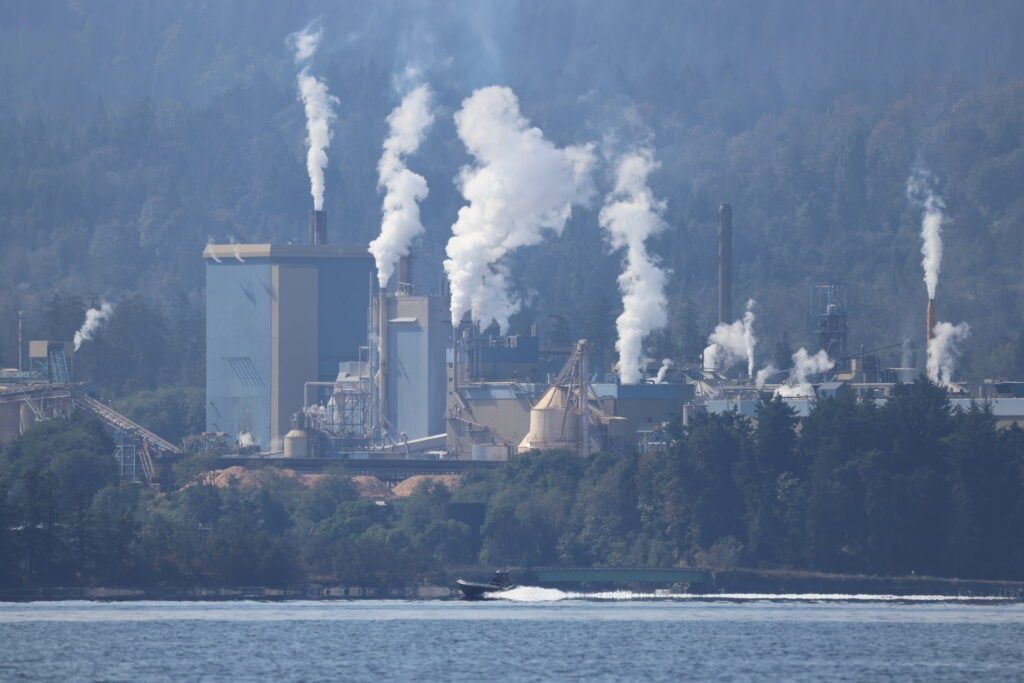
Industry and Development
Economic activities and infrastructure related to oceans and coasts, including fishing, shipping, and offshore energy. These can provide economic benefits but also pose environmental challenges.
Browse records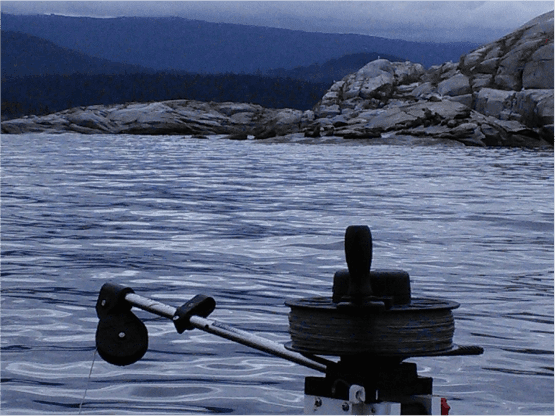
Hydrography
The science of mapping and describing the physical features of bodies of water, including the sea, rivers, and lakes, and their adjoining coastal areas.
Browse records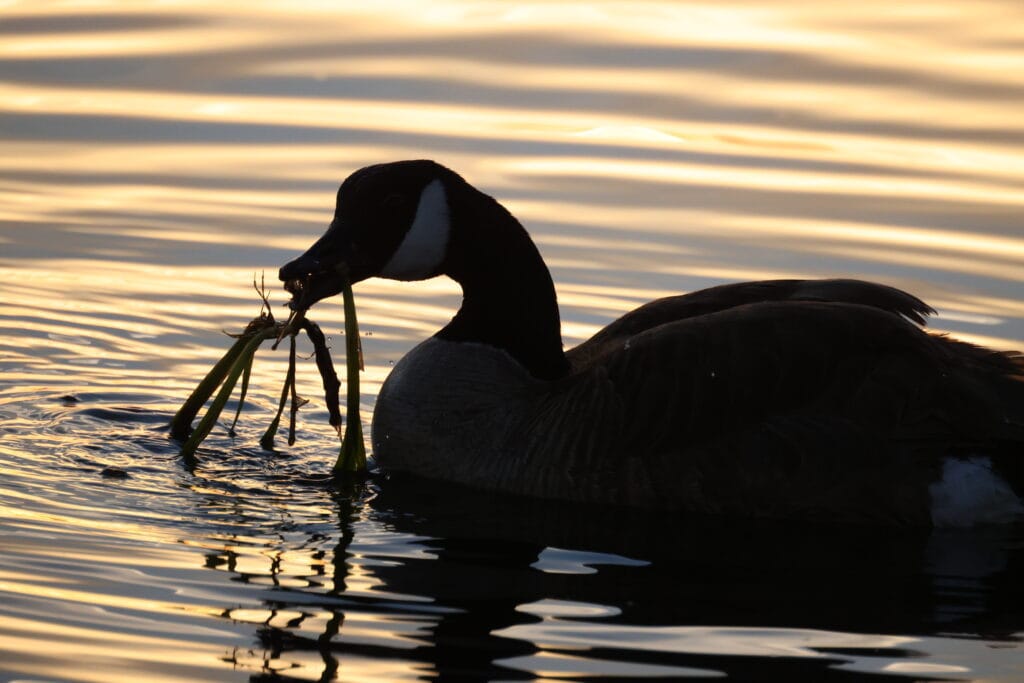
Birds
Bird species that live in or near oceans, such as seabirds and shorebirds. They rely on marine environments for feeding and breeding and can indicate changes in ocean health.
Browse records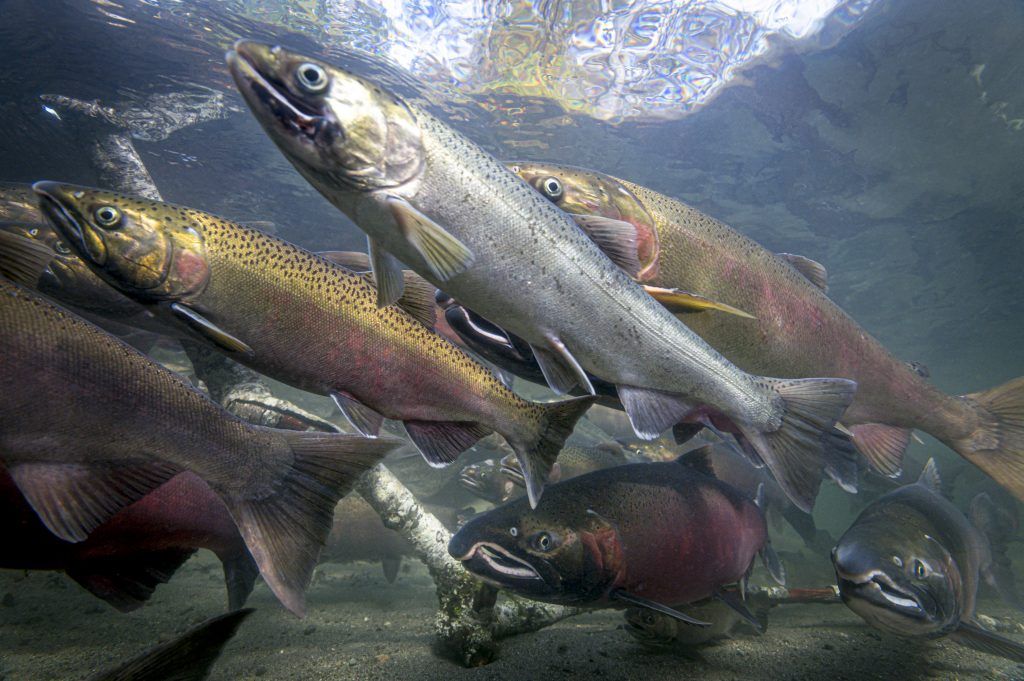
Fish
Cold-blooded aquatic vertebrates that typically have fins, gills, and a streamlined body, inhabiting freshwater and marine environments.
Browse records
Marine Mammals
Mammals that rely on the ocean for their existence, including species such as whales, dolphins, seals, and manatees.
Browse records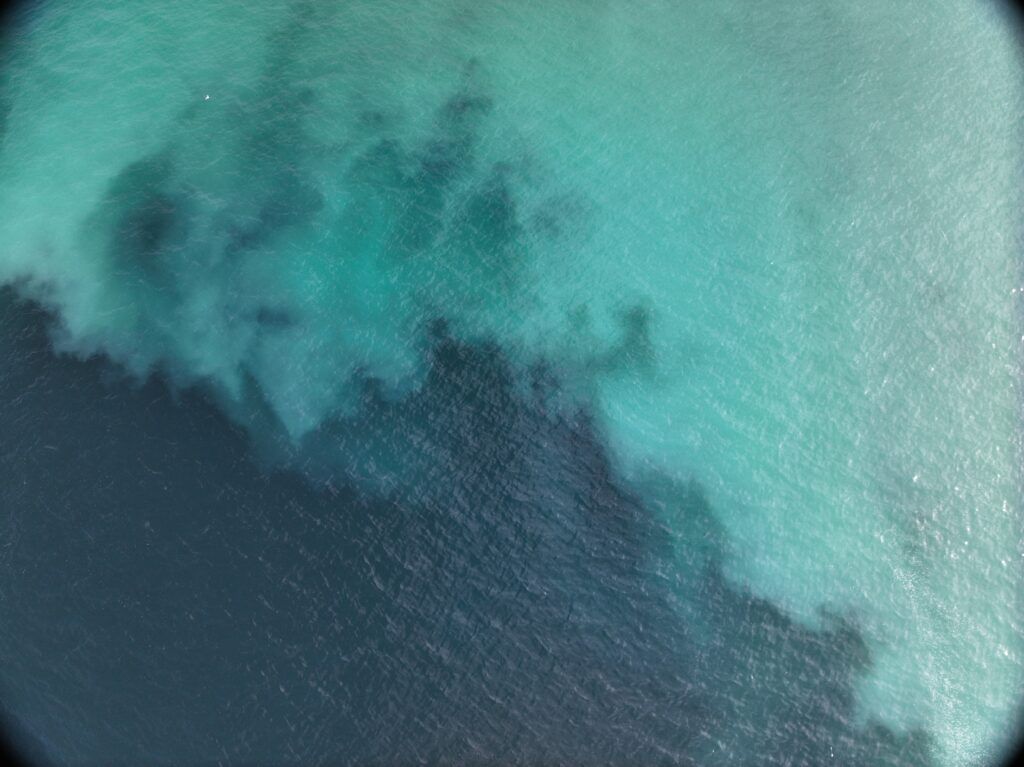
Remote Sensing
The use of satellite and sensor technologies to monitor and collect data on marine conditions, such as sea surface temperature and ocean currents. It aids in managing marine resources and assessing environmental changes.
Browse records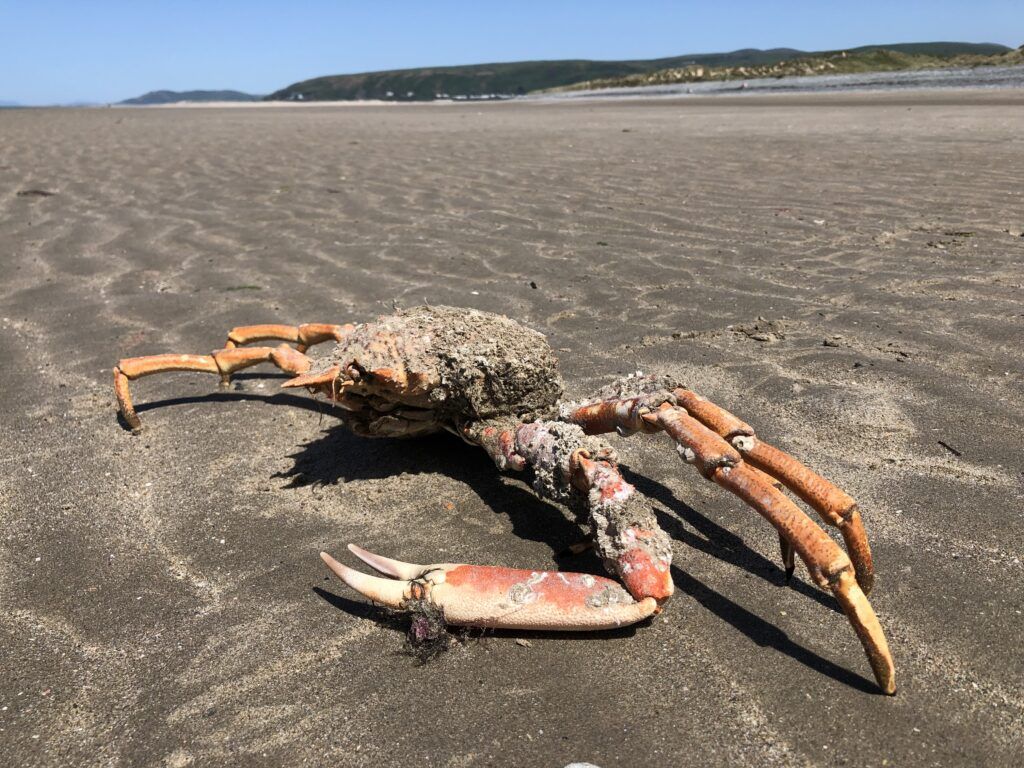
Invertebrates
Marine animals without backbones, such as corals, crustaceans, and jellyfish. They play vital roles in ecosystems and are sensitive to environmental changes.
Browse records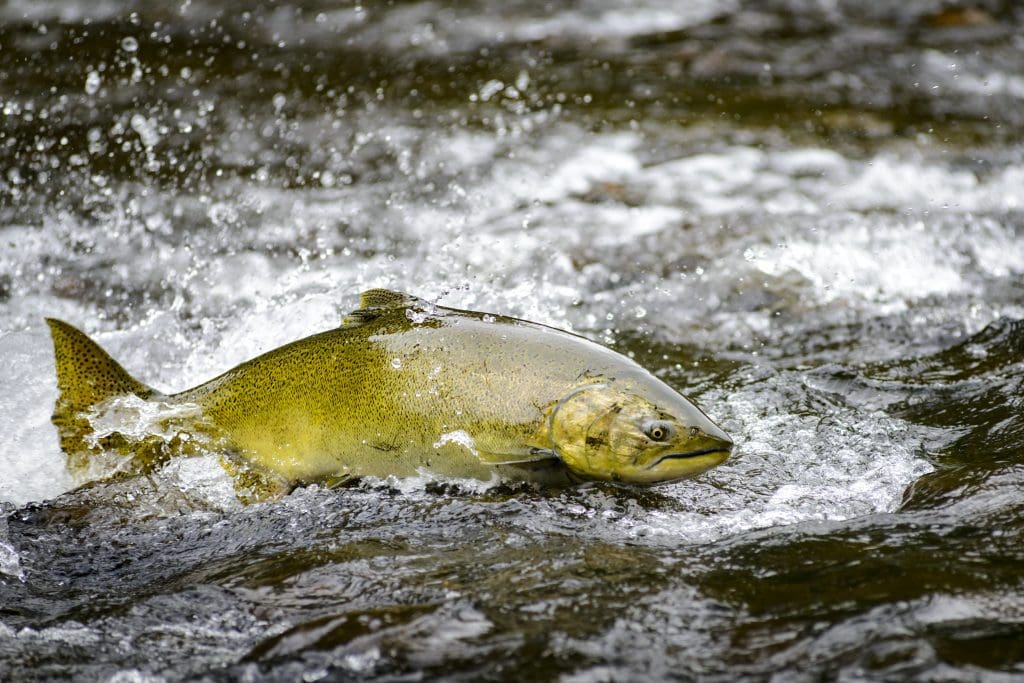
Salmon
A species of migratory fish known for their anadromous life cycle, hatching in freshwater, migrating to the ocean, and returning to freshwater to spawn.
Browse records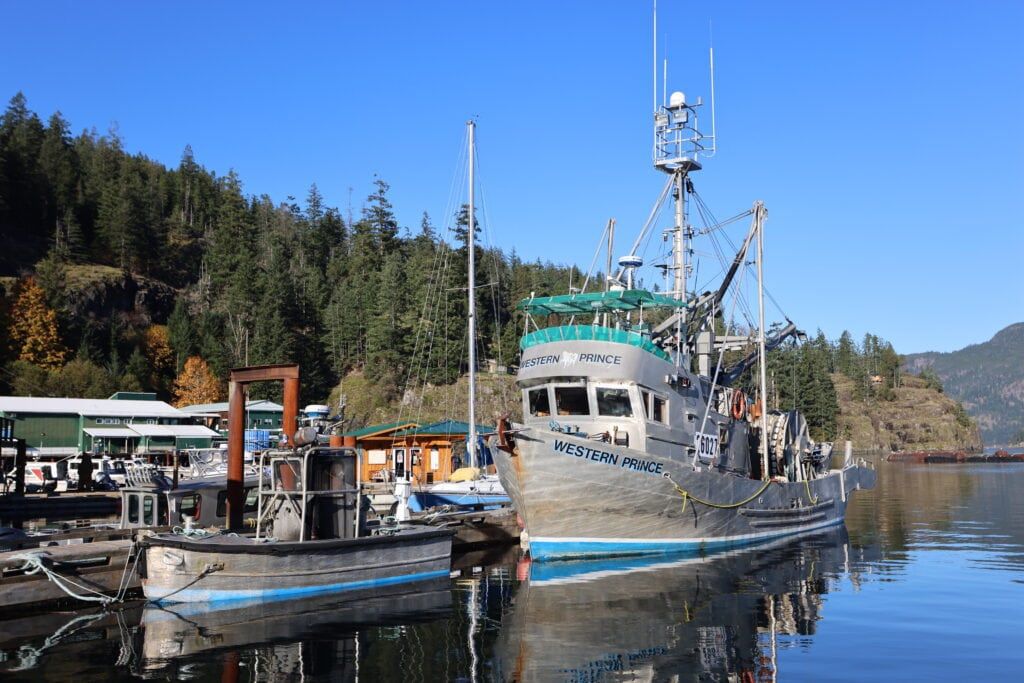
Fisheries
The industry or occupation devoted to catching, processing, and selling fish and other aquatic organisms.
Browse records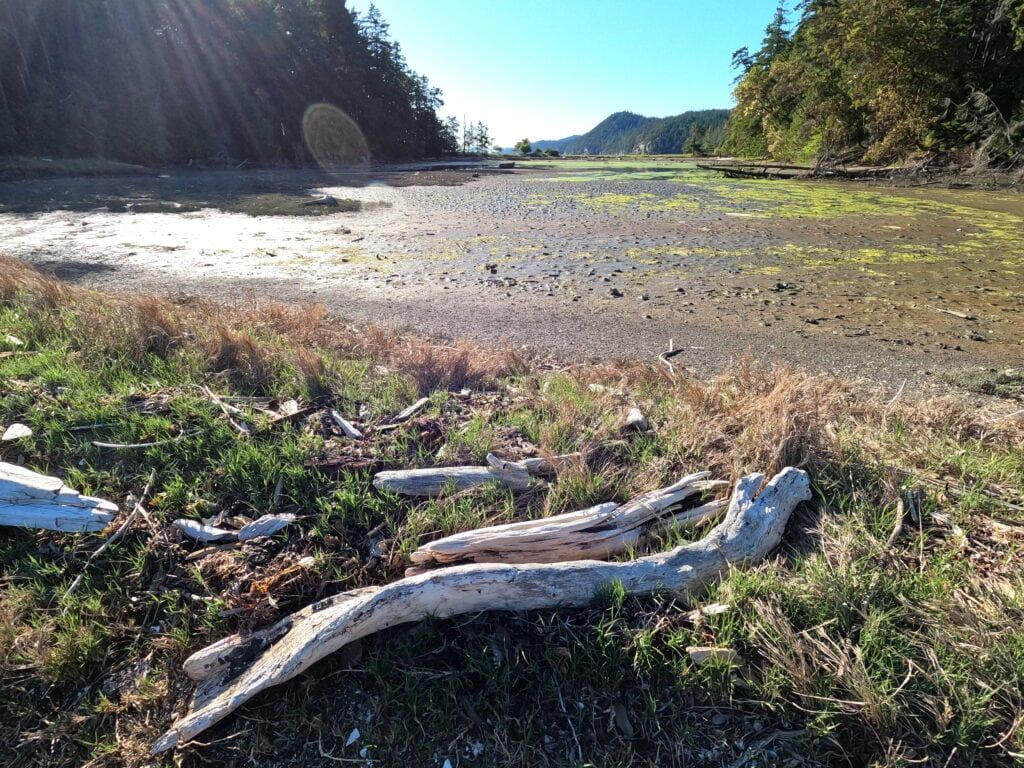
Estuaries
Coastal water bodies where freshwater from rivers and streams meets and mixes with saltwater from the ocean.
Browse records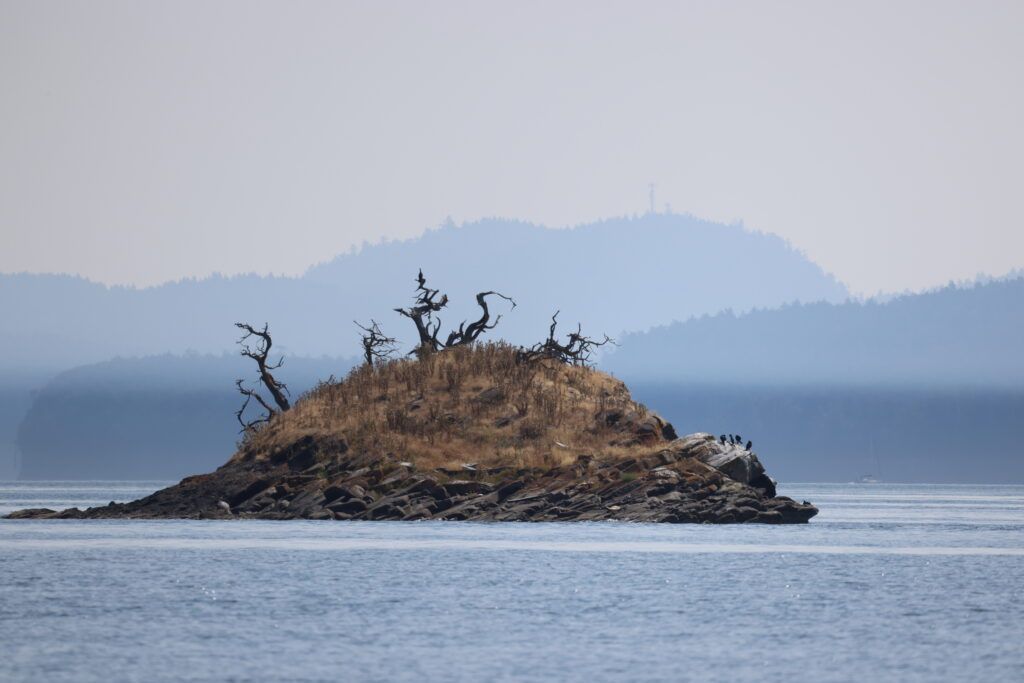
Restoration
Efforts to rehabilitate degraded marine habitats and species to restore their natural functions and biodiversity. This includes activities like reef rebuilding and habitat reforestation.
Browse records
Conservation
The protection and sustainable management of marine ecosystems and species to preserve biodiversity and ecological health. This includes creating marine protected areas and regulating resource use.
Browse records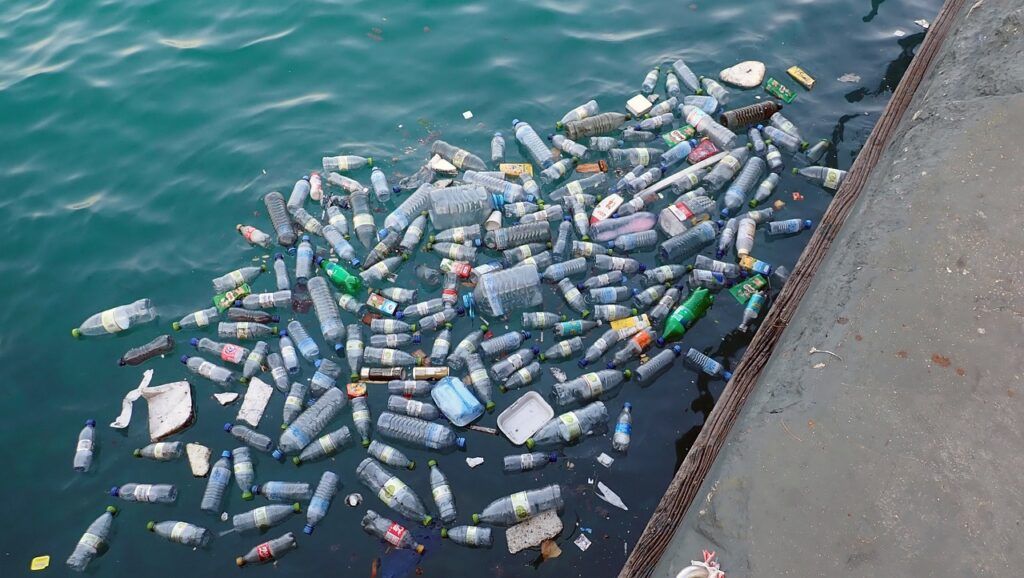
Contaminants
Substances that pollute or degrade the quality of marine waters and sediments, potentially harming marine life and ecosystems. These can include chemicals such as heavy metals, pesticides, plastics, and oil spills, as well as biological agents like pathogens and invasive species.
Browse records
Algae
Simple, typically aquatic photosynthetic organisms ranging from single-celled forms to multicellular forms like seaweed, crucial to marine ecosystems.
Browse recordsShare your data
If you would like to add your data to any of these categories, contact us or fill out our data submission form.
